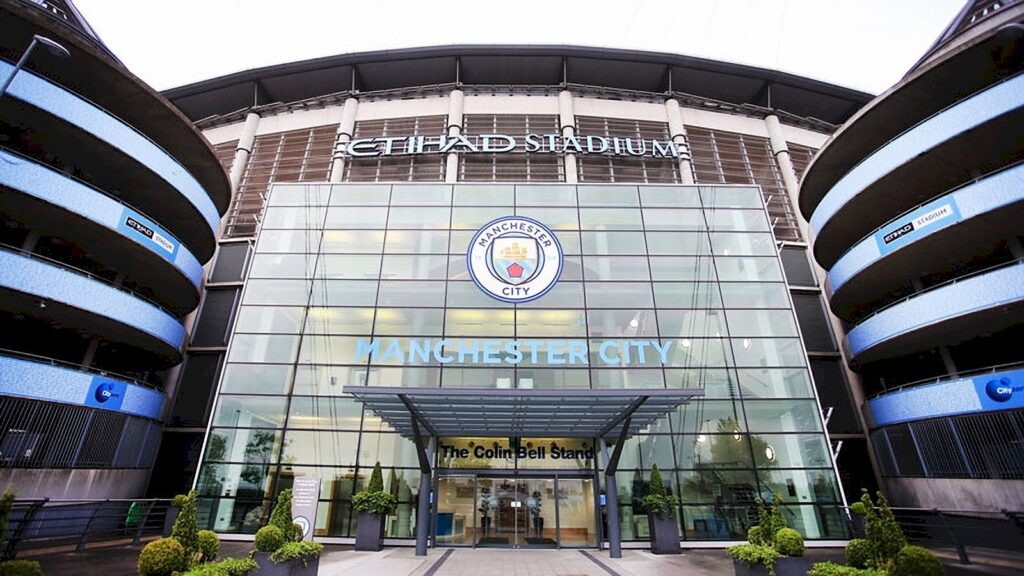The verdict in favour of Manchester City marks a significant moment in the Premier League’s regulatory landscape. This landmark ruling has raised questions about the fairness and legality of sponsorship rules within the league.
The tribunal’s findings suggest that structural changes are necessary, highlighting concerns over how sponsorship transactions are assessed. City’s victory accentuates the ongoing debate surrounding financial regulations in football.
The Case Against Premier League Regulations
Manchester City has secured a notable legal victory against the Premier League, challenging the fairness of its Associated Party Transactions (APT) rules. These regulations were initially established to prevent disproportionate sponsorship deals, particularly in the wake of Newcastle United’s acquisition by Saudi interests.
The tribunal ruled that several aspects of the APT rules breached the Competition Act. Specifically, the rejection of Manchester City’s sponsorship deals with Etihad Airways and First Abu Dhabi Bank was found to be procedurally unfair. City did not have an opportunity to address the Premier League’s analysis before decisions were made against them.
Implications of the Tribunal’s Decision
The ruling could prompt significant alterations to the Premier League’s regulatory framework. The existing APT system, designed to prevent financial manipulation through sponsorship, now faces scrutiny for its compliance with competition and public law requirements.
Therefore, the league must consider comprehensive revisions to these rules. The decision highlights the intrinsic legal complexities and competitive dynamics within English football’s top tier.
Reactions from Manchester City and the Premier League
City welcomed the tribunal’s conclusions, appreciating its objective examination of the complex regulatory environment. The club affirmed its commitment to fair practice within the league, backed by robust legal advocacy.
Conversely, the Premier League focused on the tribunal supporting its overall framework, despite the ruling against certain elements. It expressed intentions to swiftly address the rule discrepancies identified.
Broader Impact on the League and Clubs
The tribunal’s verdict reverberates across the league, affecting multiple clubs. The decision calls into question past sponsorship transactions and sets a precedent for disputing APT-related decisions.
Furthermore, City’s legal triumph might encourage other clubs to reevaluate their grievances regarding financial oversight, potentially leading to a wave of litigation aimed at the league.
Future of Sponsorship Rules
This ruling necessitates a re-evaluation of how sponsorship agreements are governed. It indicates that more transparency and fairness could be infused into the current system without compromising its essence.
The Premier League now faces the challenge of reforming its rules to ensure compliance with broader legal standards while preserving its financial integrity.
Legal Context and Next Steps
While this case is separate from the ‘115’ charges against Manchester City, both involve scrutiny over financial dealings. The club, armed with a strong legal team, signals its intent to challenge any perceived regulatory overreach.
The Premier League may need to overhaul its APT rules or face further legal contests, reshaping the regulatory landscape it has maintained.
Stakeholder Positions and Support
Various clubs have expressed differing stances, with some supporting the Premier League and others siding with City. This divide among teams underscores the complex web of alliances and rivalries within English football.
The controversy is likely to intensify, reflecting deeper issues within the governance of the sport and the diverse interests at play.
The tribunal’s decision in favour of Manchester City underscores potential flaws in the Premier League’s regulatory framework, necessitating thoughtful reform. The ruling may usher in a transformative period for financial governance in football, balancing competitive fairness and legal compliance.

